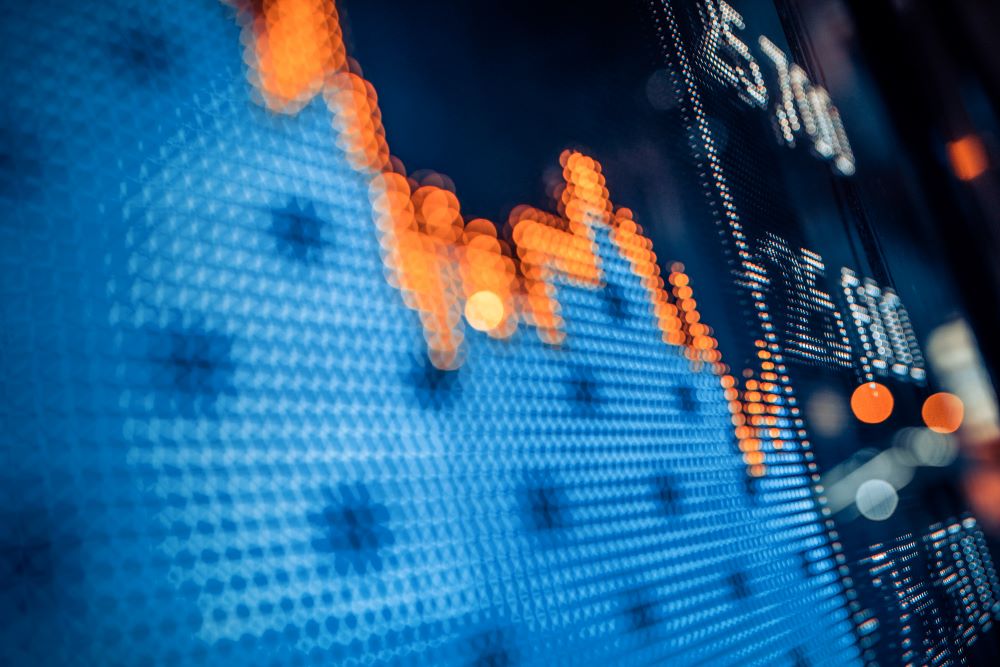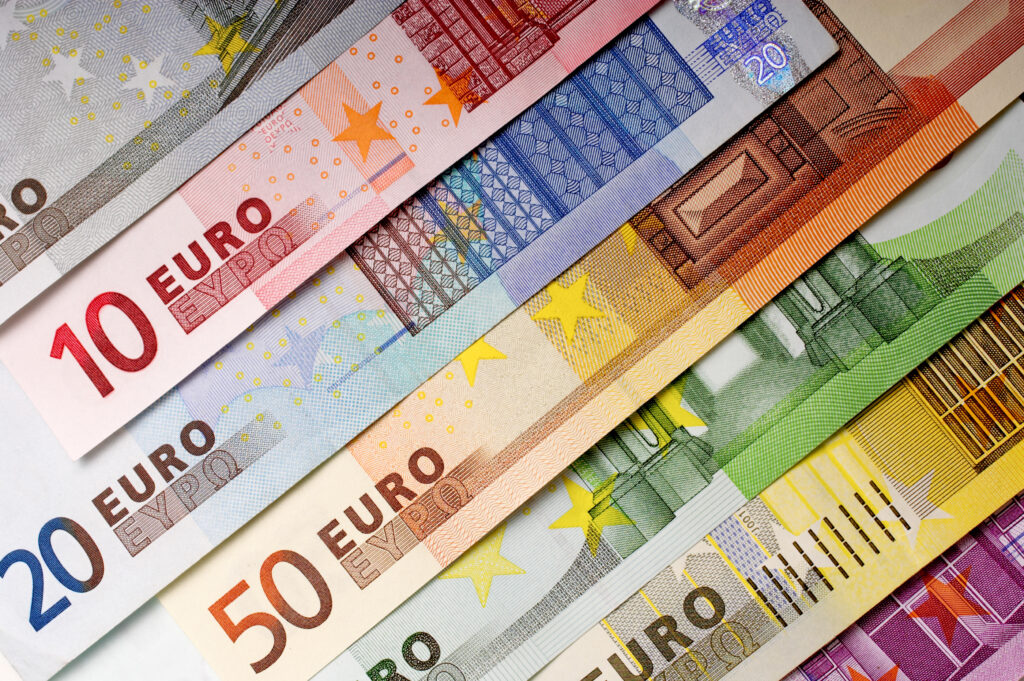More PE sellers to follow EQT example on European equity sales as demand surges – ECM Pulse EMEA
After weeks of low volumes, Europe’s equity capital markets are alive again as sponsors line up listed disposals and possibly even some IPOs before the European summer break.
A CHF 1.9bn (USD 2.2bn) sell-down in Swiss skincare company Galderma, sold by EQT and its co-investors last week, was the largest European trade since US President Donald Trump’s “Liberation Day” tariffs. It provided a welcome boon to a market starved of paper.
The Stoxx Europe 600 has recovered over 16% since its post-tariff announcement April lows, and investors have been desperate to put money to work in size.
Three ECM bankers noted that the lack of deal flow before the Galderma trade had little to do with a lack of demand. Equity investors have been keen to reallocate into recovering markets, and investing in capital markets deals remains an ideal way to get exposure in size.
Source: Dealogic
“We have felt that conditions have been supportive for some weeks but there was just a lack of supply,” one of the bankers said.
The Galderma deal showed the scale of pent-up demand for good-quality share placements in Europe.
Not only was the deal by far the largest European ECM deal since the start of April, it also could have been placed many times over given the sheer quantum of demand for the sale, as previously reported by this news service.
“It really flew,” one of the bankers who was involved in the Galderma sale said. “The flurry of long-only demand was extraordinary and especially from some of the core shareholders who didn’t take part last time because of market volatility.”
The EQT-led consortium last sold down their stakes in March, at a slightly wider discount than might have been expected in calmer markets, as tracked by Dealogic’s proprietary pricing ratios.
As of 31 March, the company’s largest institutional shareholders included Fidelity Management and Research (FMR), Wellington Management, BlackRock, Vanguard and Prudential Financial, as previously reported by this news service.
At the time, the sponsor was praised for its pragmatism in moving ahead with selling down its stake, despite market troubles, rather than waiting for pricing perfection in a better market.
That is just what EQT, and the other sellers, achieved this time, pricing the deal at a far tighter ratio than its last trade and completing the largest disposal in Galderma since the IPO.
Other sponsors are now expected to push on.
An investor noted he expected several other sponsor-led blocks in the next few weeks. He highlighted both Zabka Group and Synsam, owned by CVC, as well as Allegro, owned by Permira, Cinven and MidEuropa, as assets that the buyside was keeping an eye on for possible deals in the weeks ahead. He also noted interest around a trade in eDreams, also owned by Permira.
Synsam, eDreams, and Allegro have already been sold down through blocks in 2025, the latter in far worse markets, indicating a desire perhaps by its sponsor-owners to push on with disposals. Zabka Group, which trades as Zabka Polska, was listed by CVC last year, with the private equity firm able to sell the stock from 8 April after the expiration of its post-IPO lock-up restrictions.
There are even some whispers in the markets about certain private equity (PE) firms looking to bring IPOs forward to take advantage of a stronger window.
There have been some preliminary discussions over an IPO for Spanish gaming firm Cirsa, owned by Blackstone, over the European summer, the investor plus two ECM bankers told ECM Pulse.
Blackstone did not respond to requests for comment.
More fear less greed
The adage that equity markets are driven by the twin emotional drivers of fear and greed is even more true in equity capital markets. PE sellers must factor in the possibility of more market volatility possibly derailing deal sell-downs against a desire to maximise stock prices.
Two of the bankers speaking this week recounted conversations with some sponsors seeking to wait longer to do deals in the hope that underlying stocks rise further.
But all market participants speaking this week advised against such a strategy, citing the example of EQT, a proactive seller in both stronger and weaker markets this year, as a key example of how sponsors should use the equity capital markets.
Risk also remains for later this year.
US President Trump remains unpredictable in his approach to tariffs, and his ability to move markets with a single social media post is as strong as ever.
There are also some structural concerns worrying the market.
US Treasury yields have continued to climb in response to falling foreign demand for US debt. The US 10-year Treasury yield rose to above 4.6% last week, with the 30-year rising above 5%. Both benchmarks remain elevated at the start of this week.
President Trump’s domestic economic agenda has been tied to his “Big Beautiful Bill,” which recently passed the US House of Representatives. The bill would add huge levels of debt to an already leveraged US balance sheet.
All market participants highlighted US Treasury yields and confidence over US debt as a key risk looking into the rest of 2025.
“Rising Treasury yields are a huge risk and it will create a bit of nervousness among investors for sure,” the investor said. “A Treasury rates move is also not ideal for many sellers, especially for leveraged PE assets and certainly should incentivise sponsors to get a move on and start disposing of the assets they can sell now.”
As is often the case with ECM, it is always better to sell when you can rather than when you really need to.











